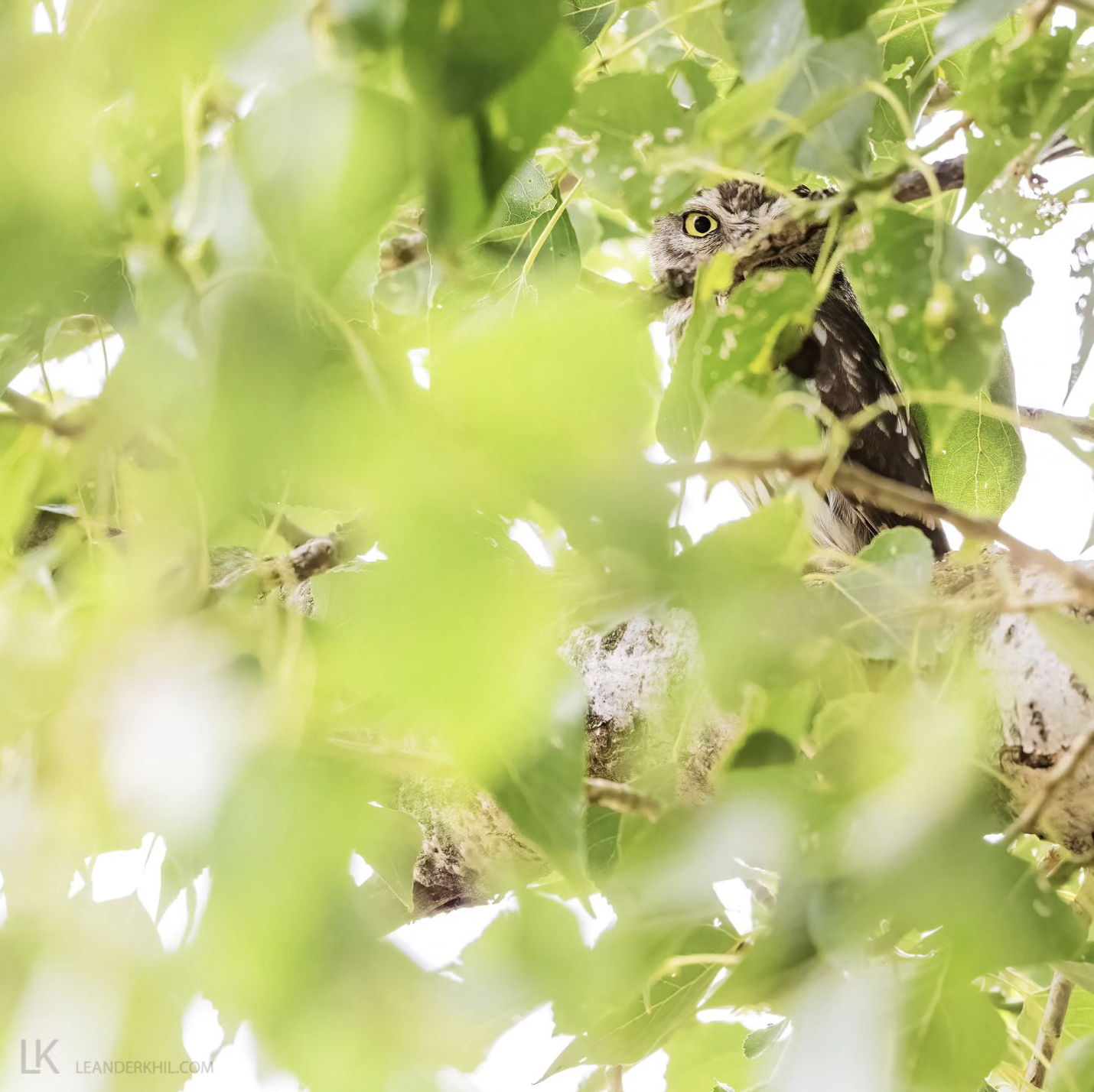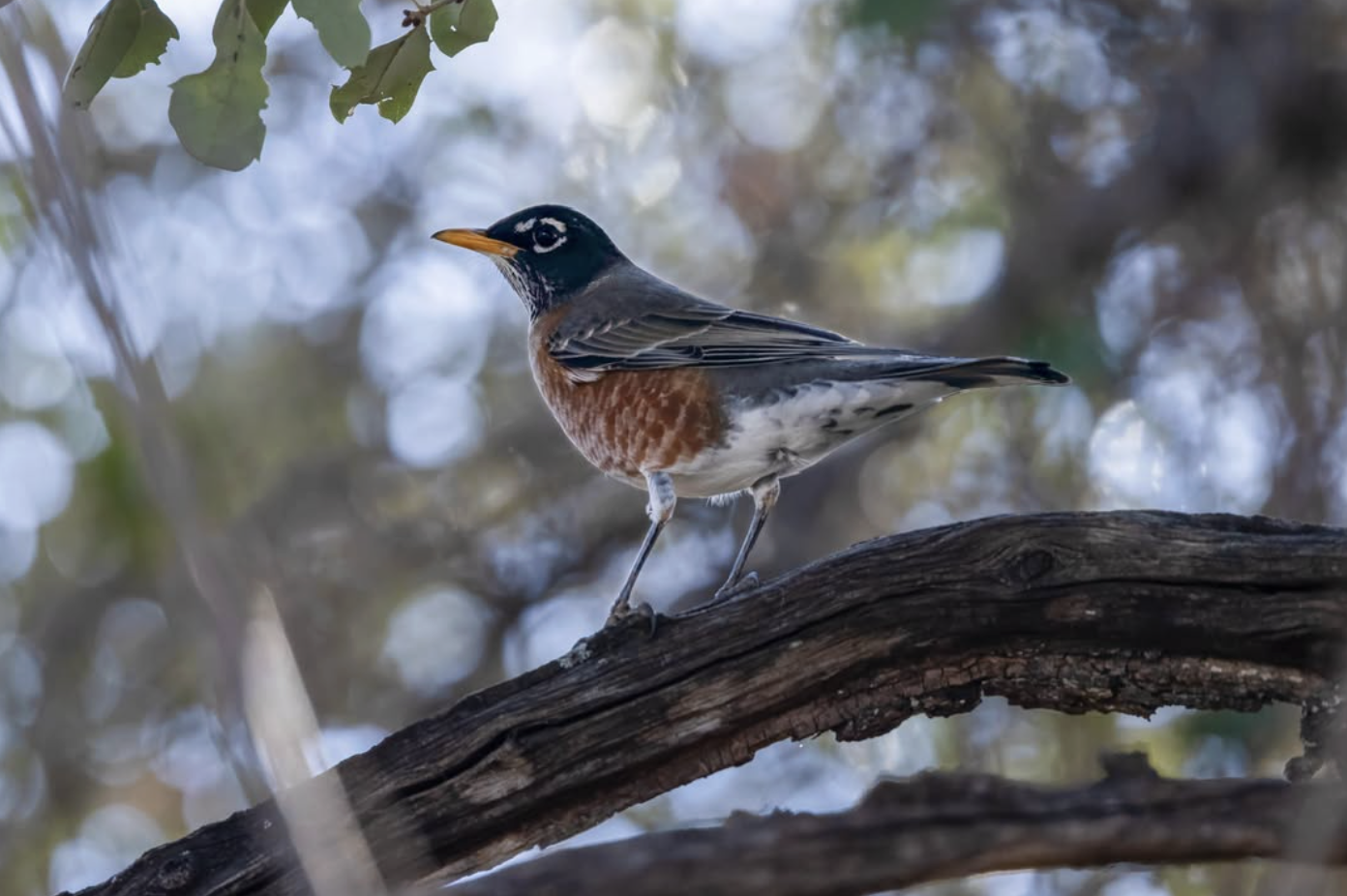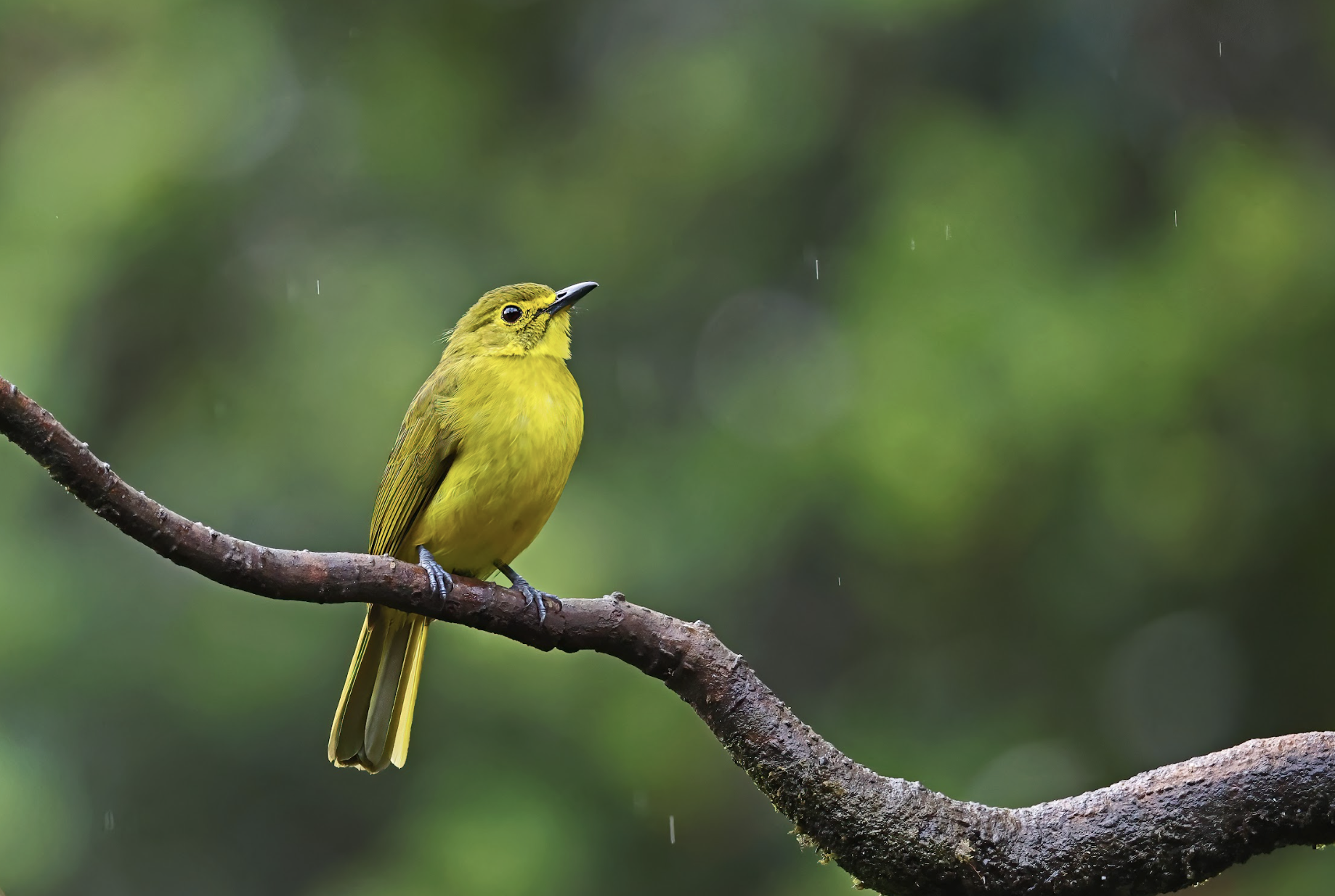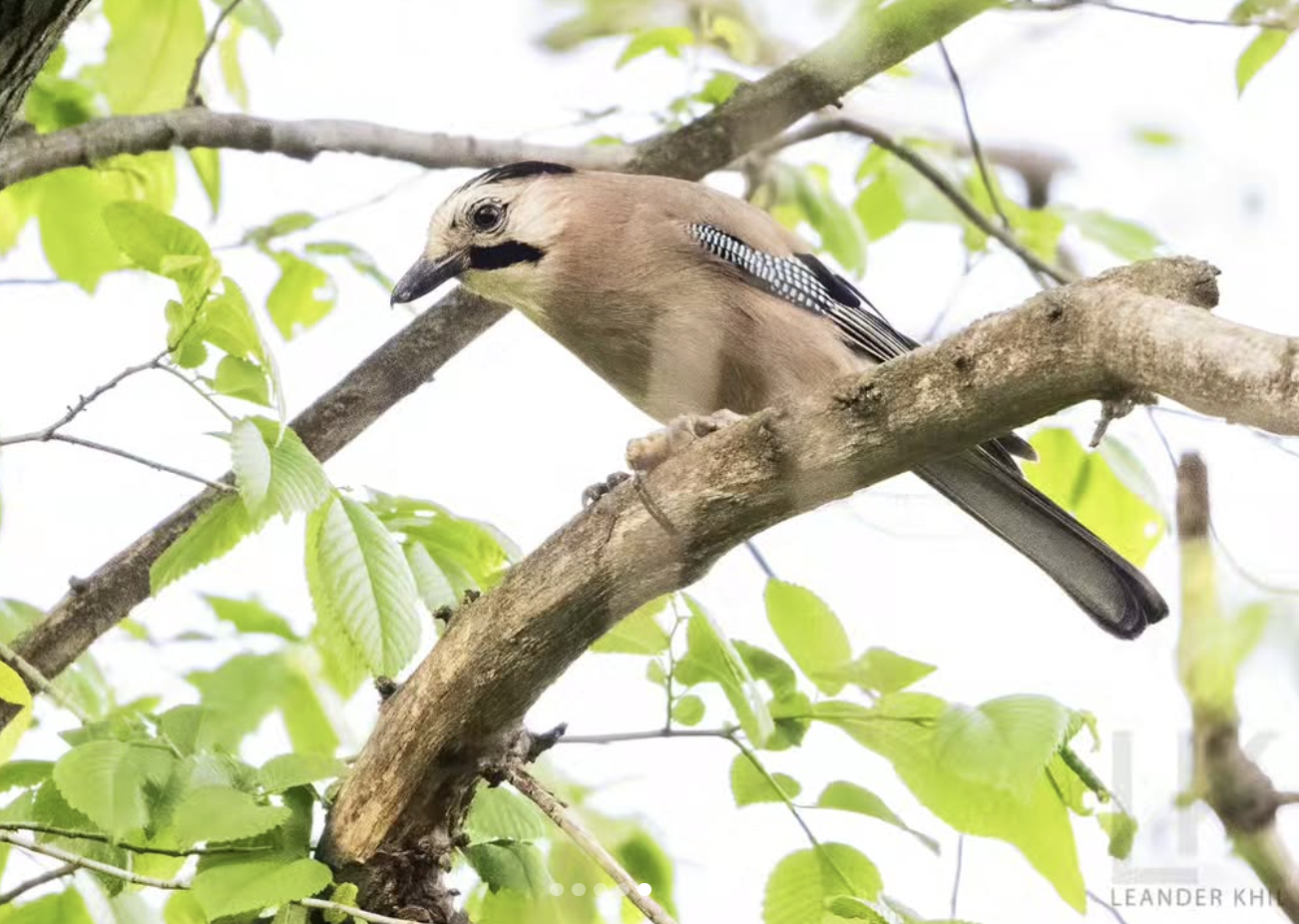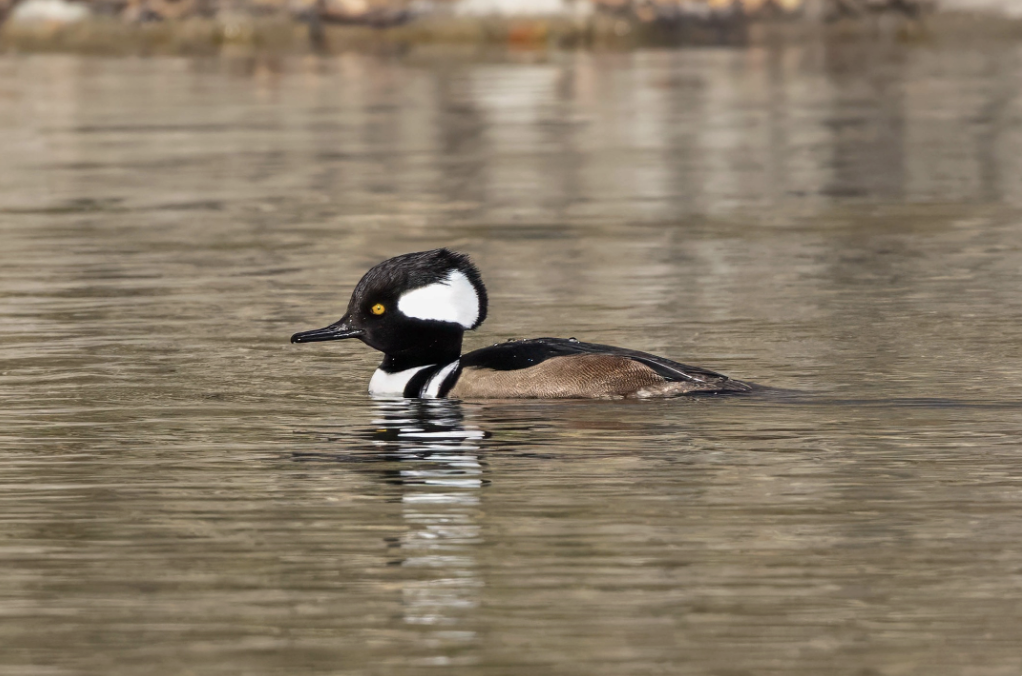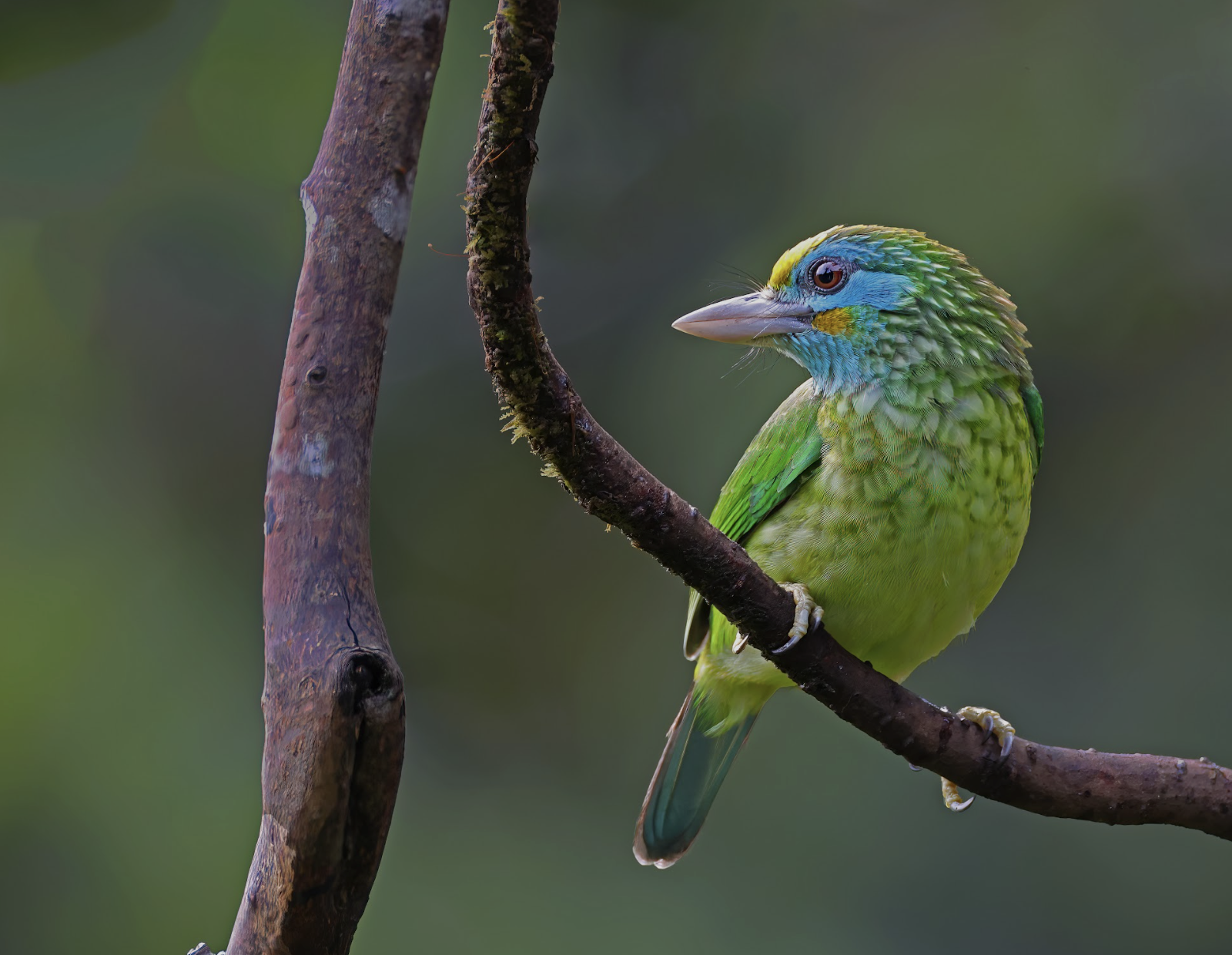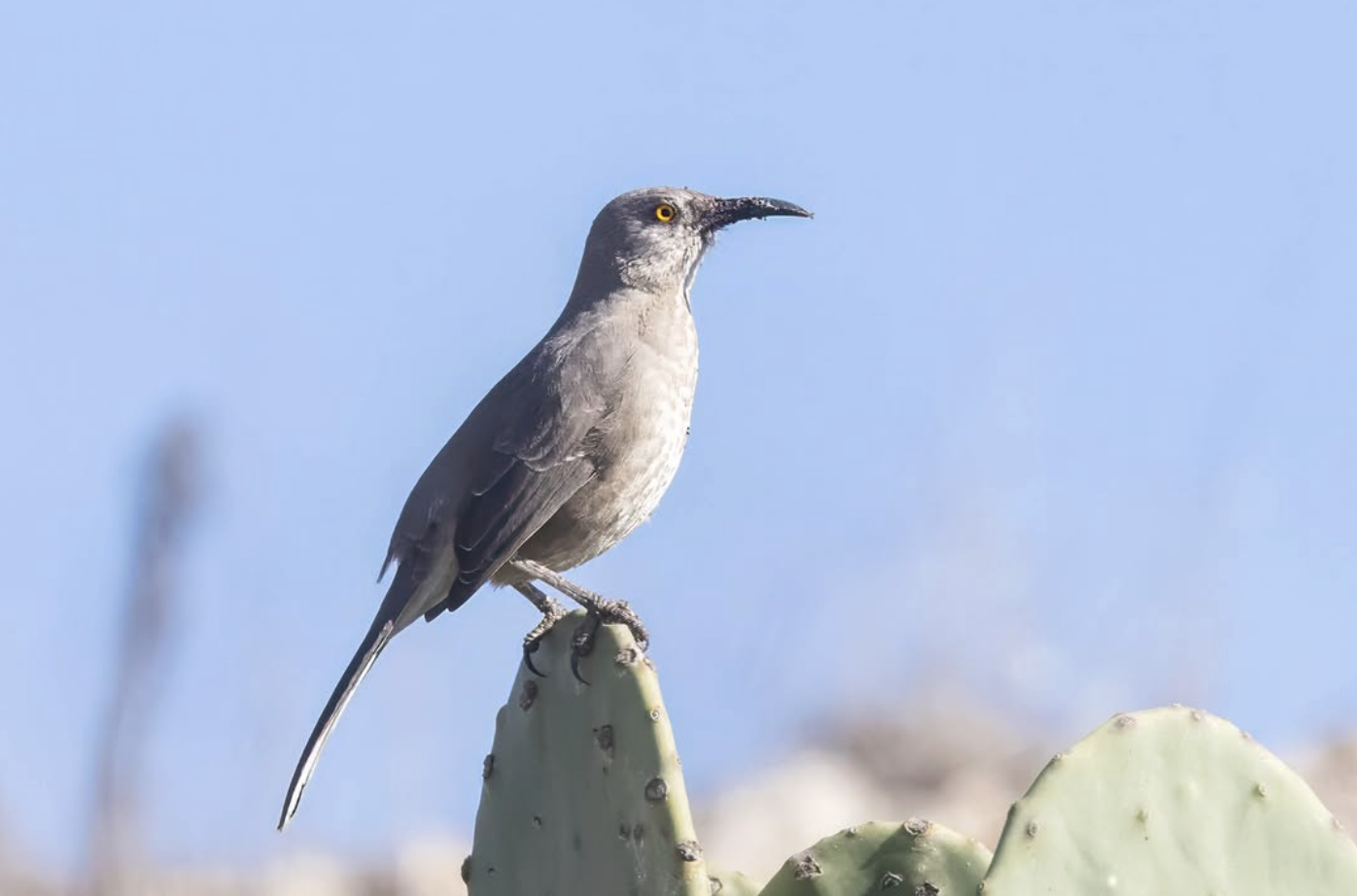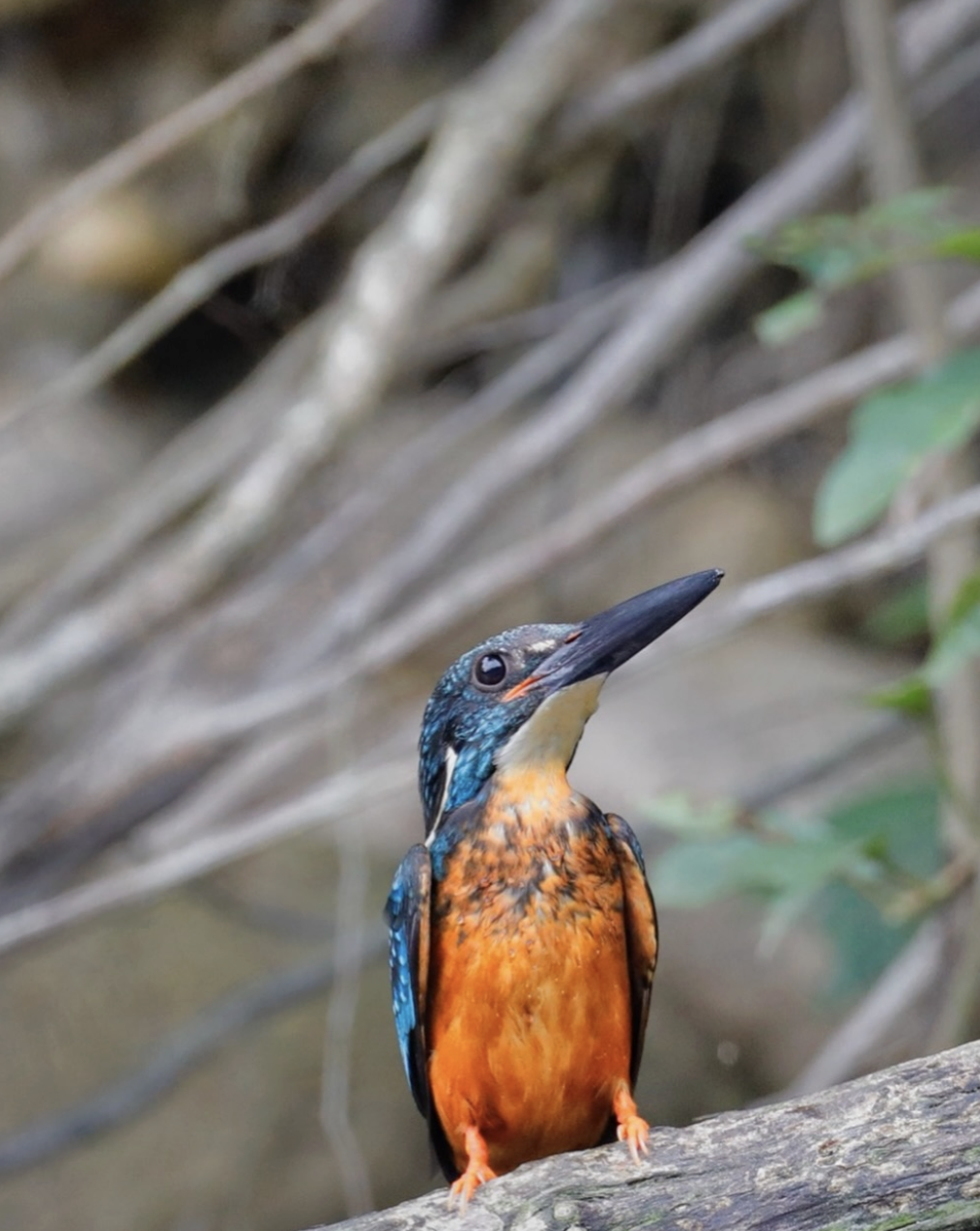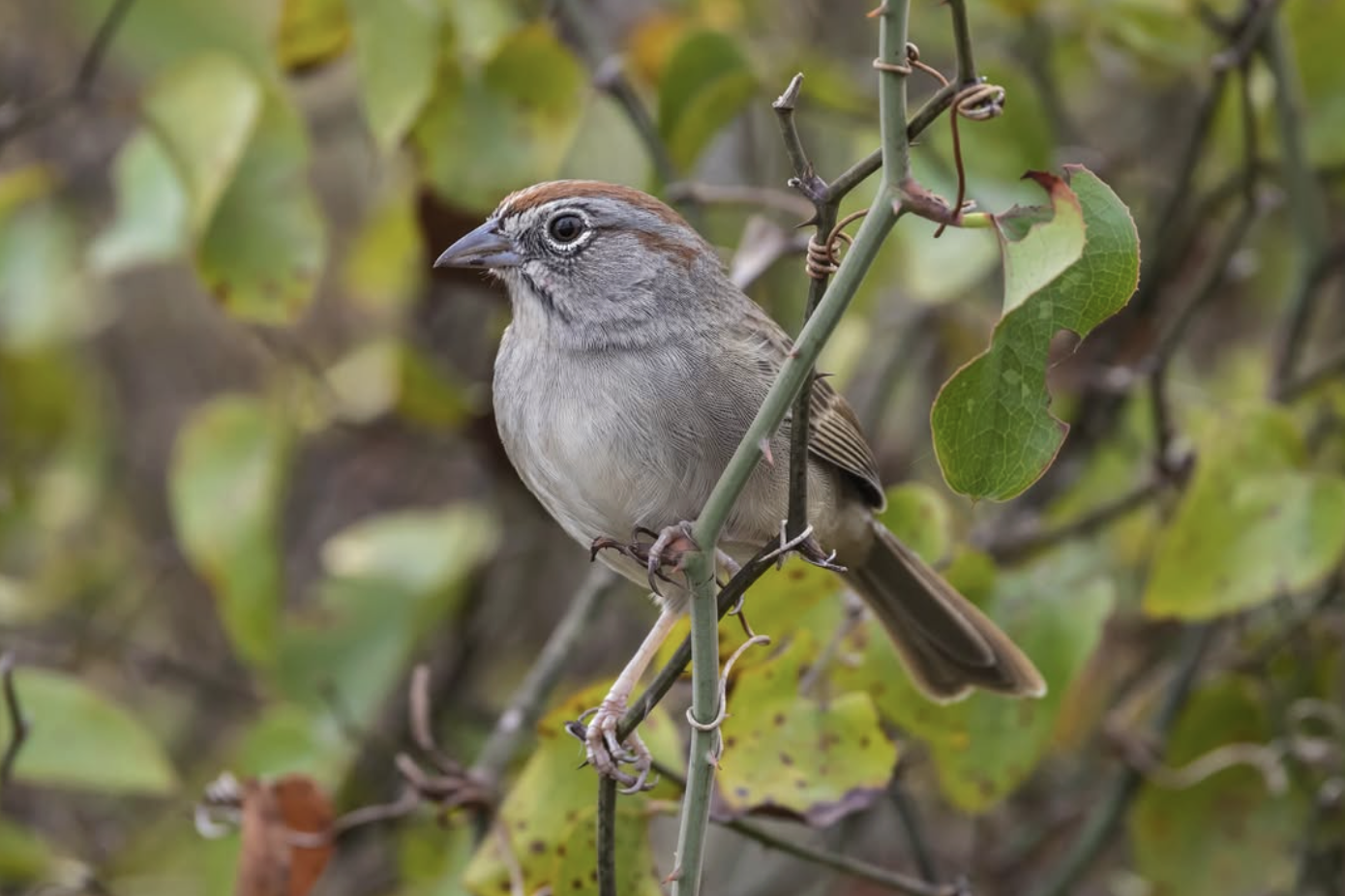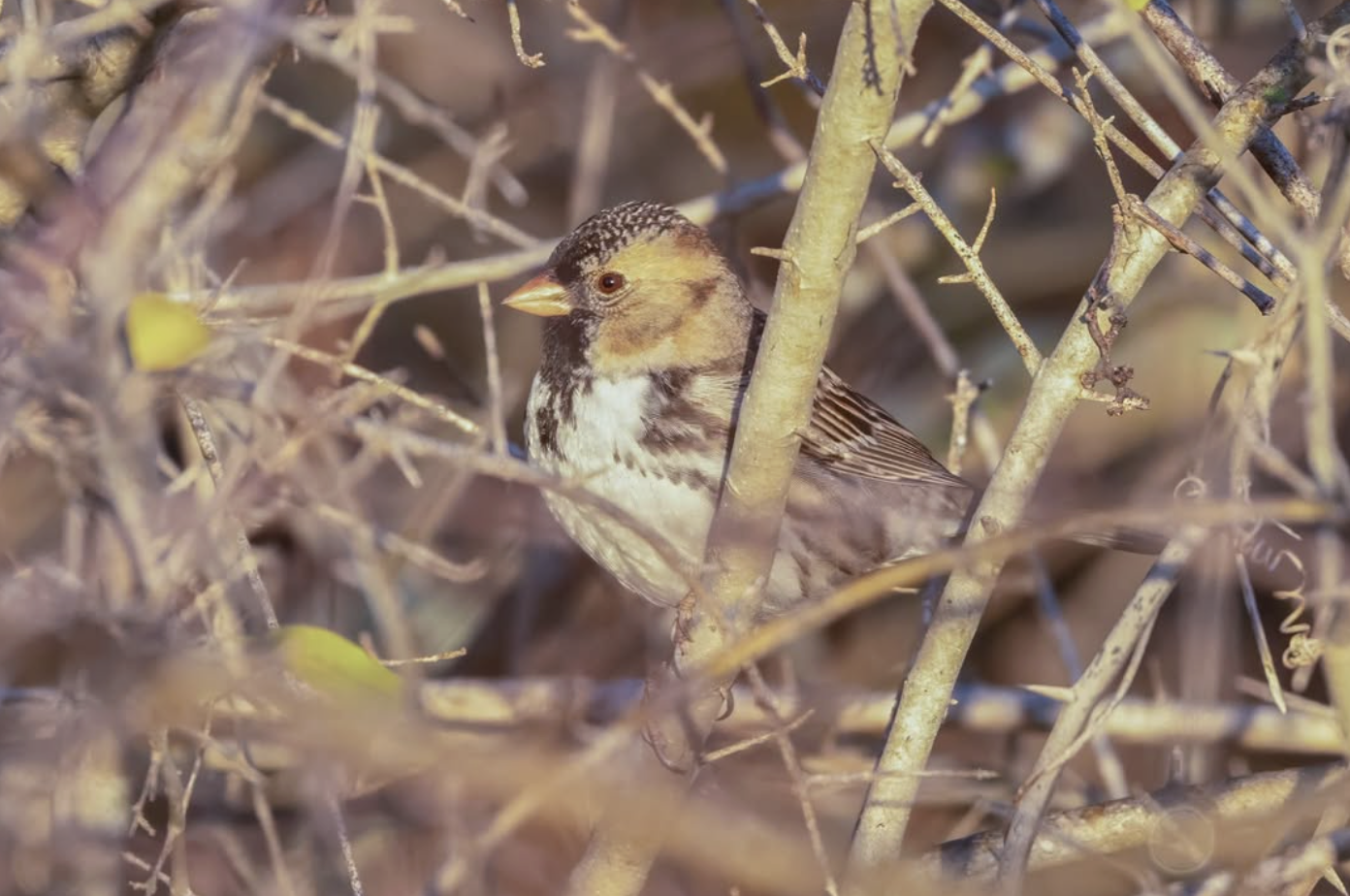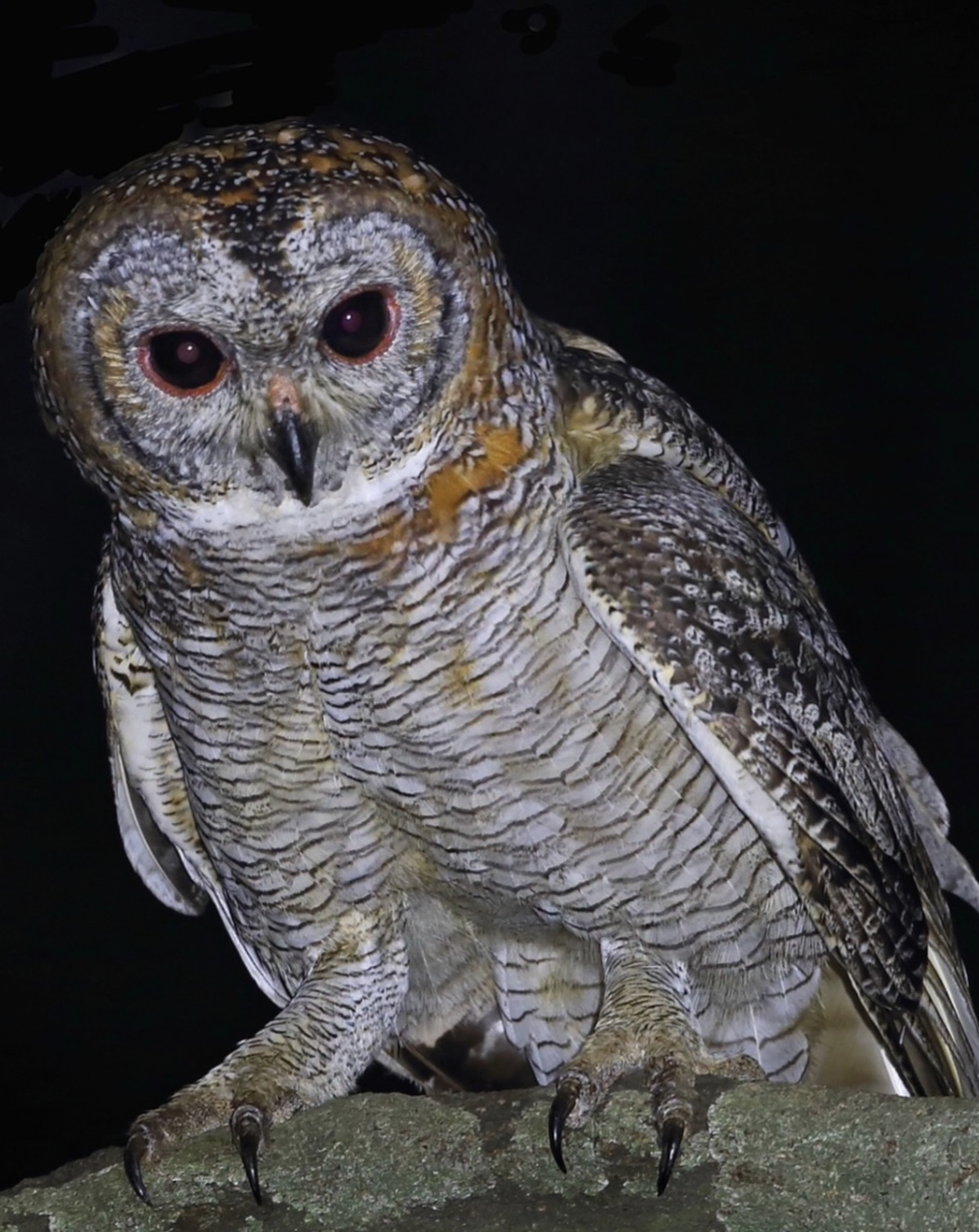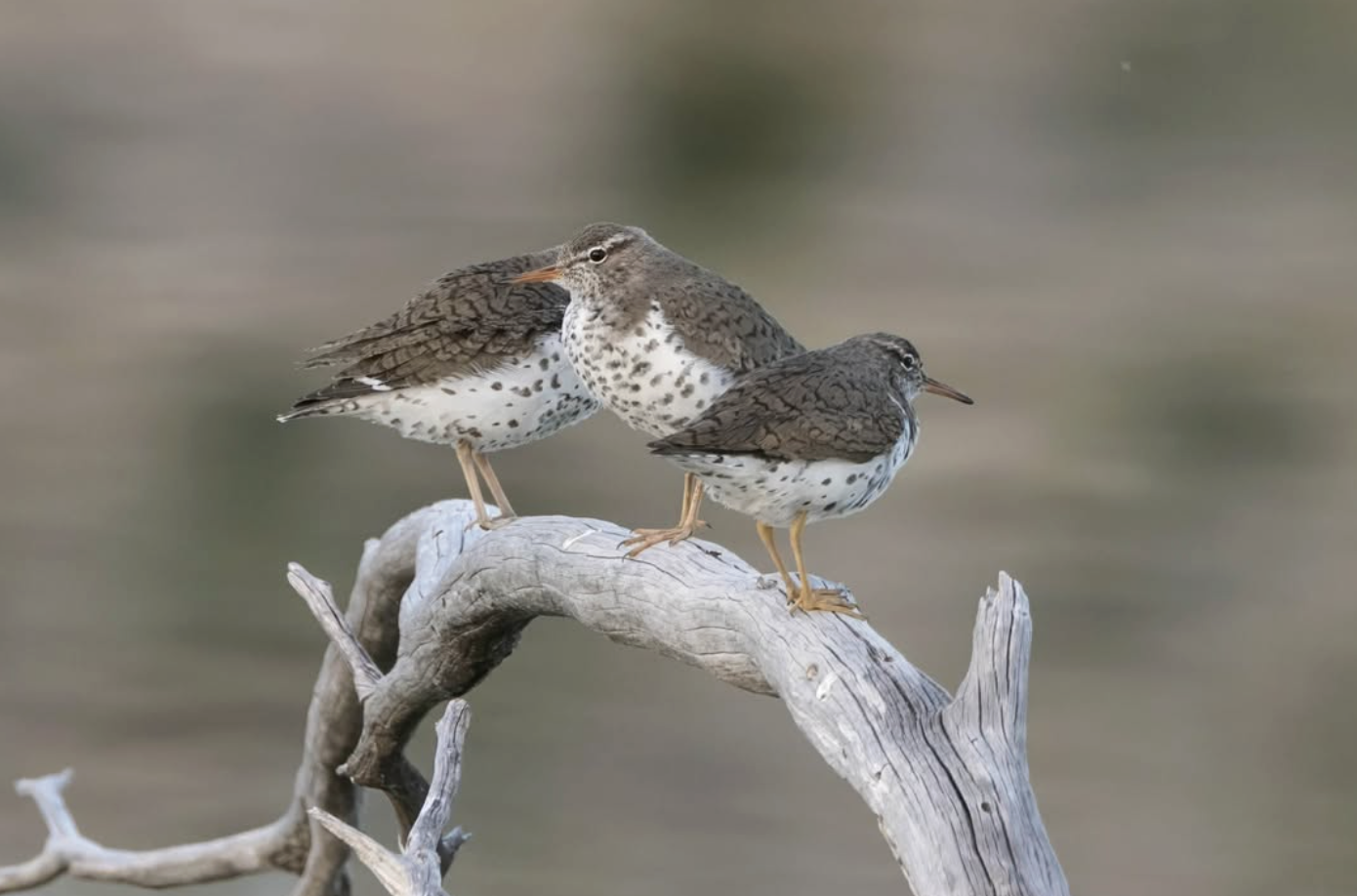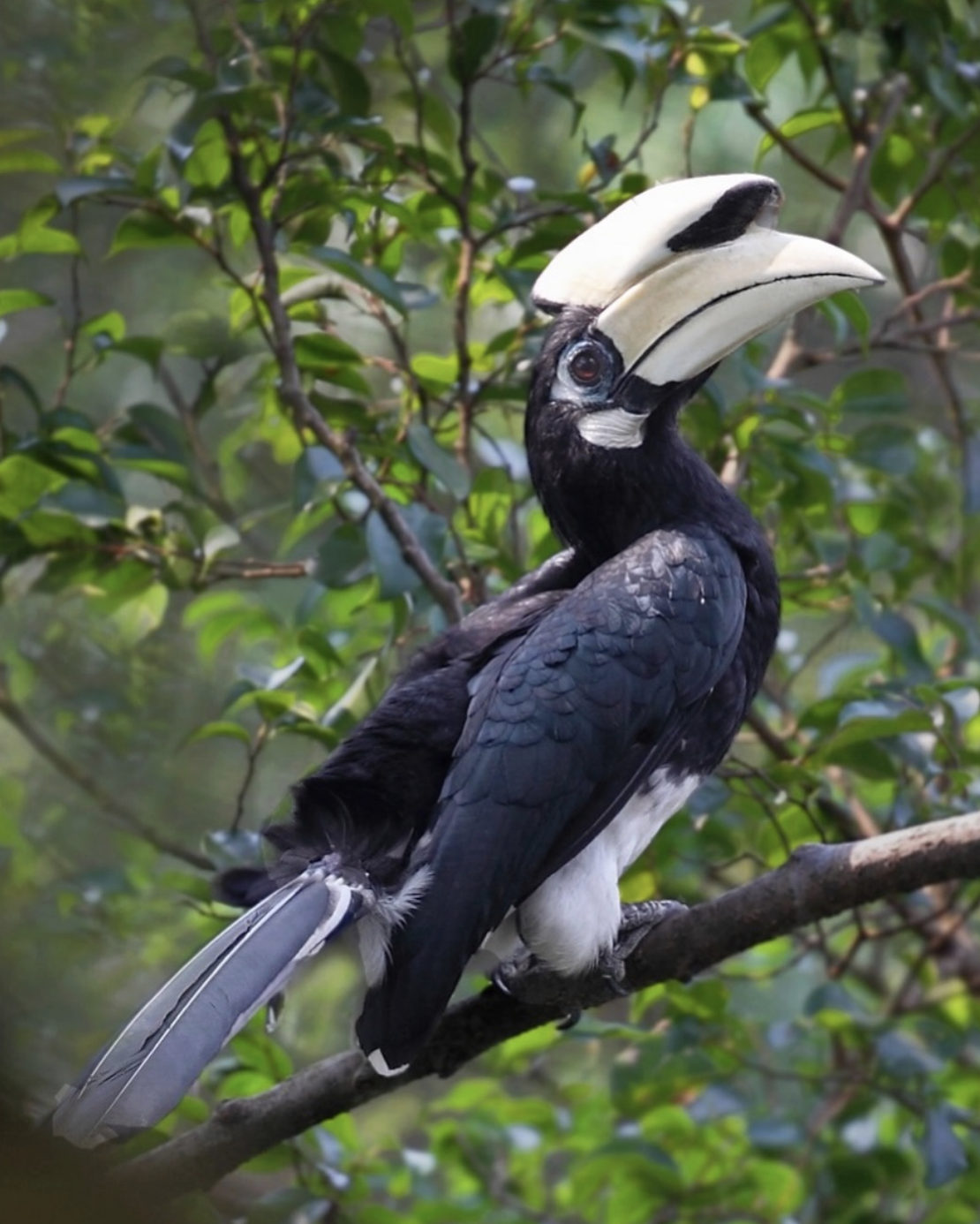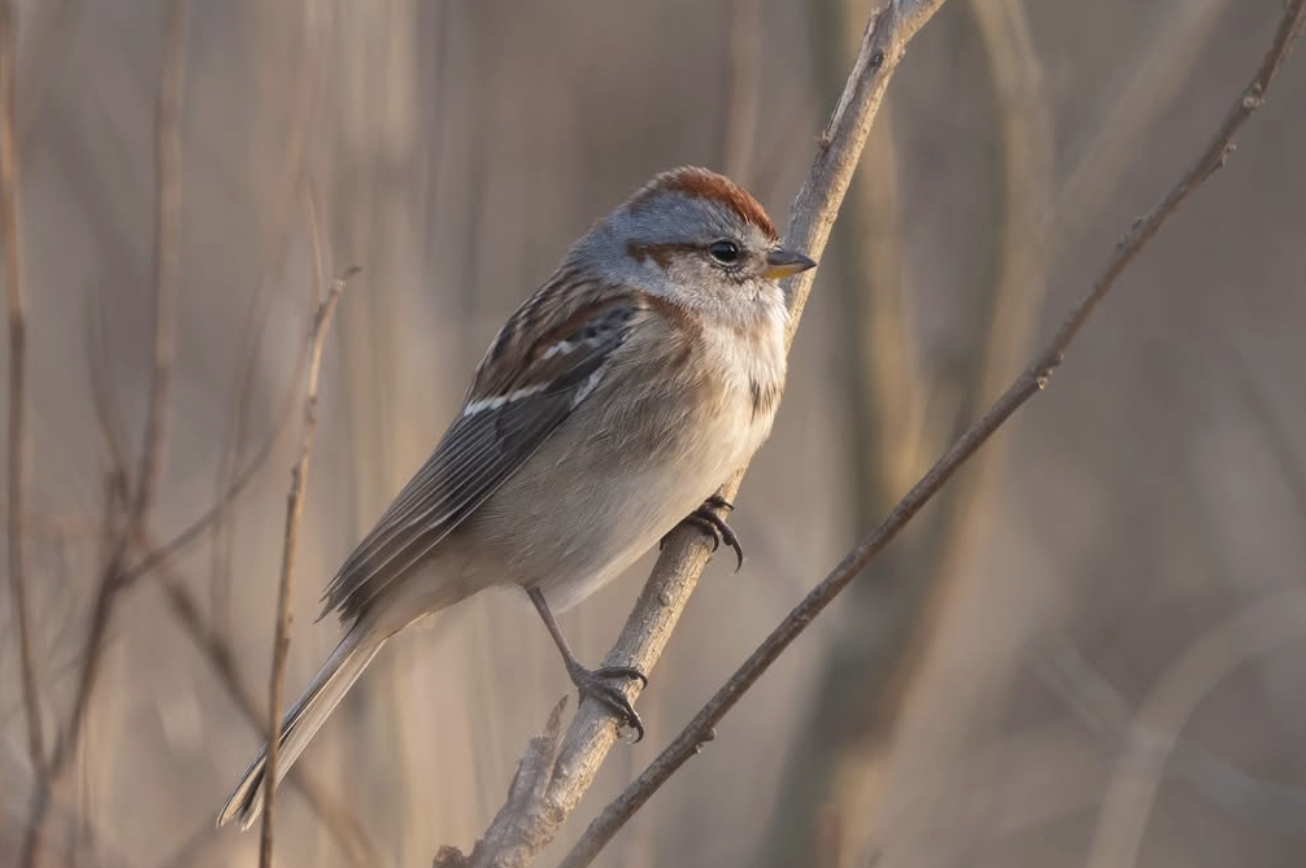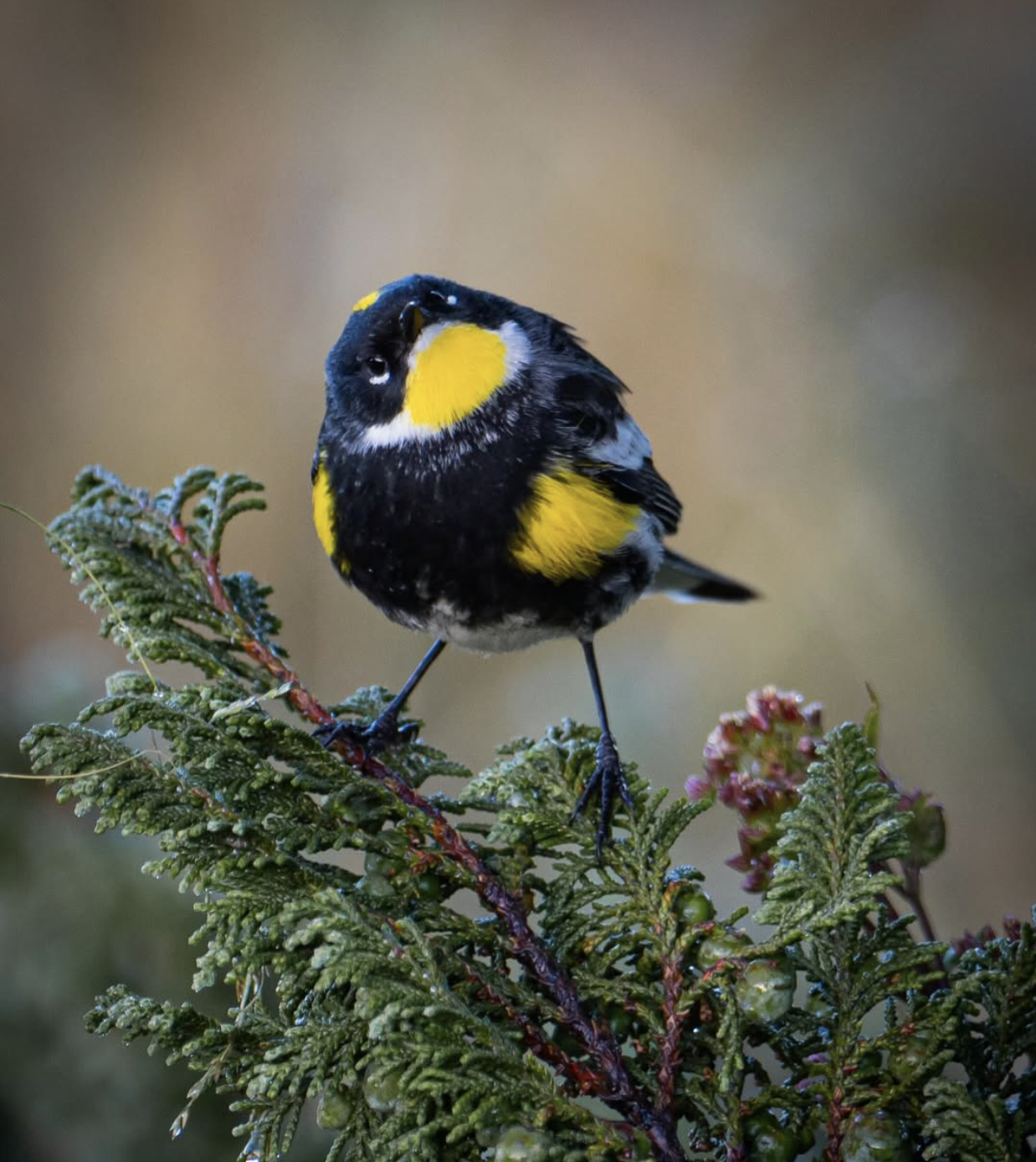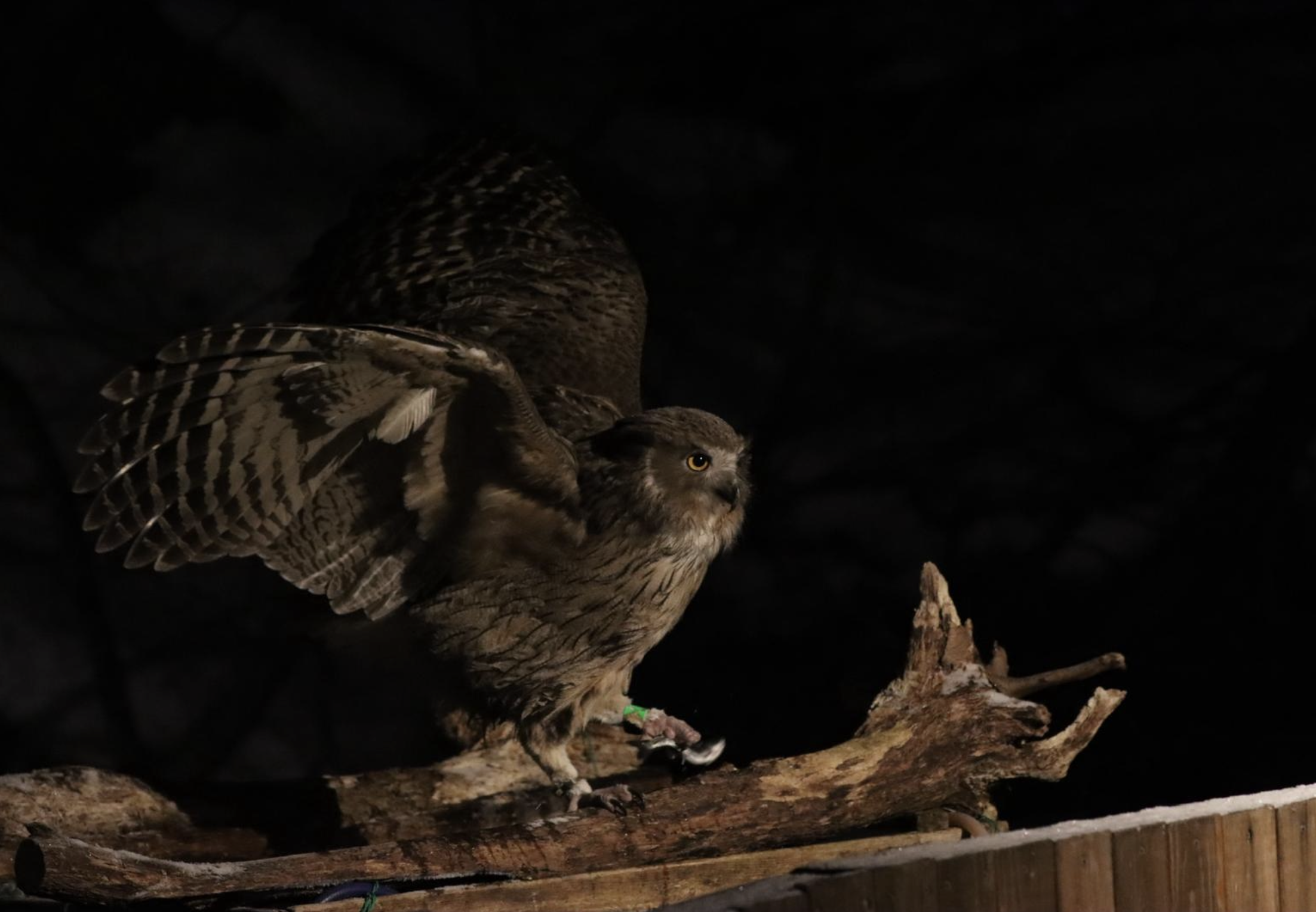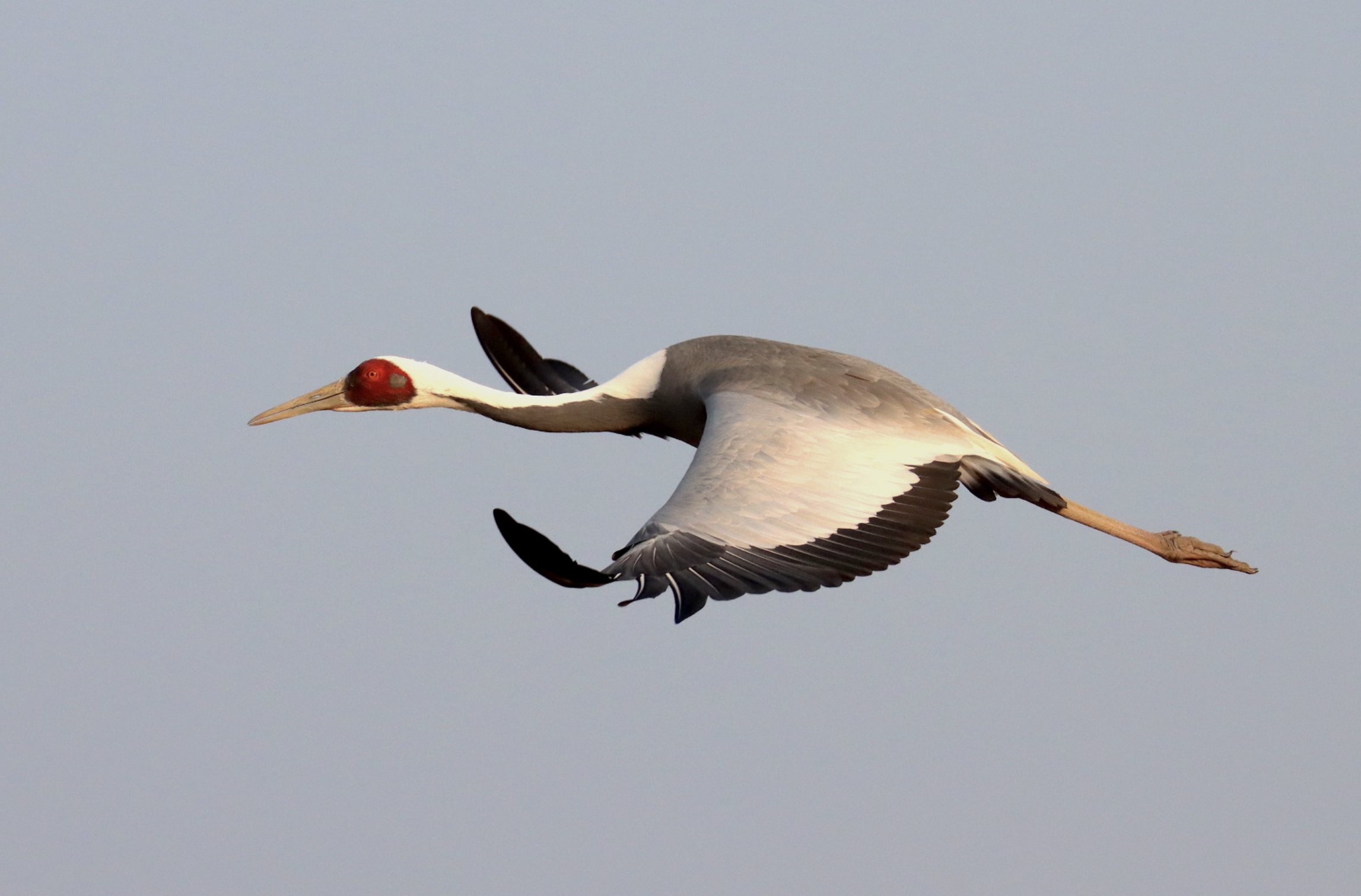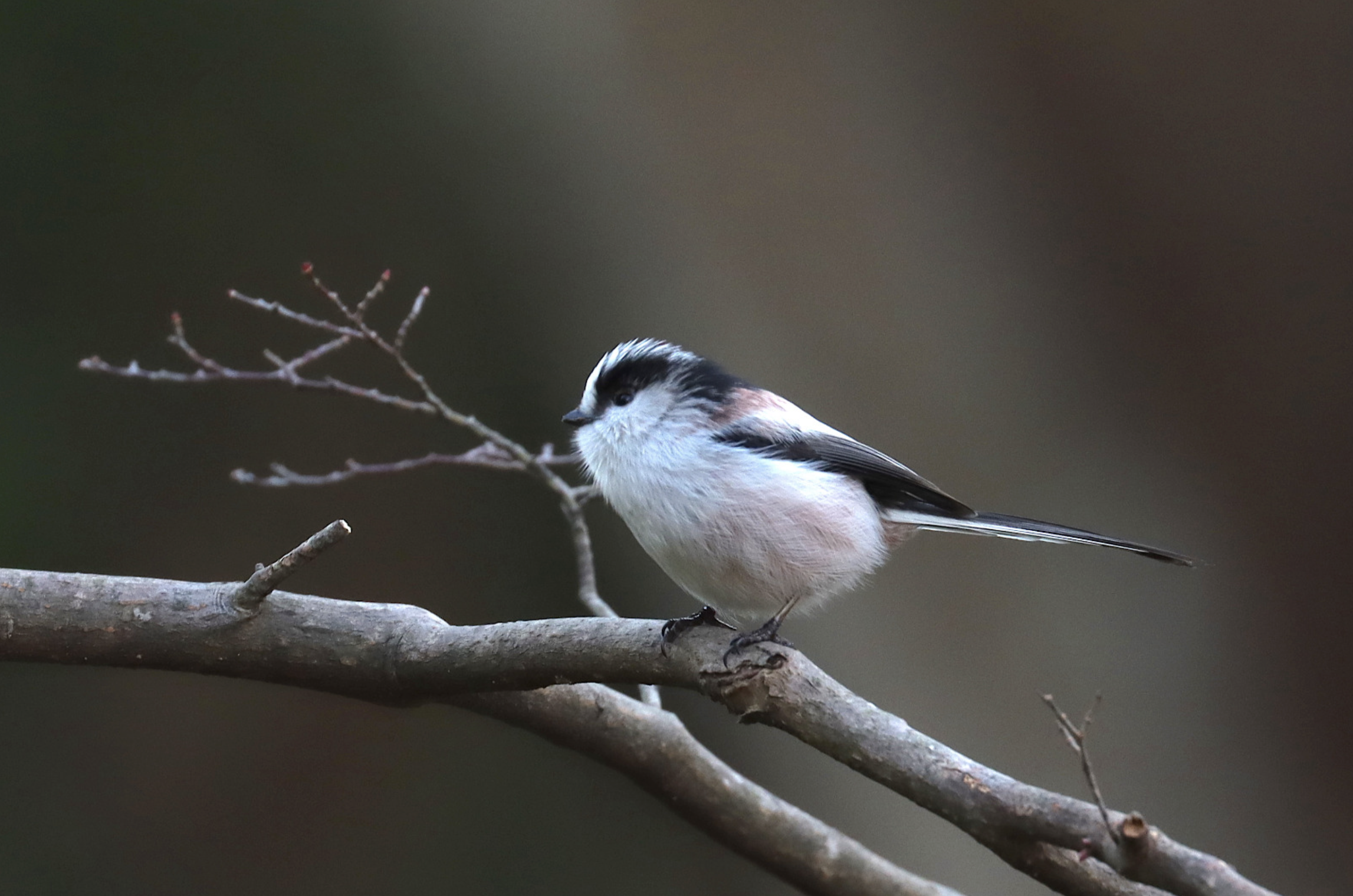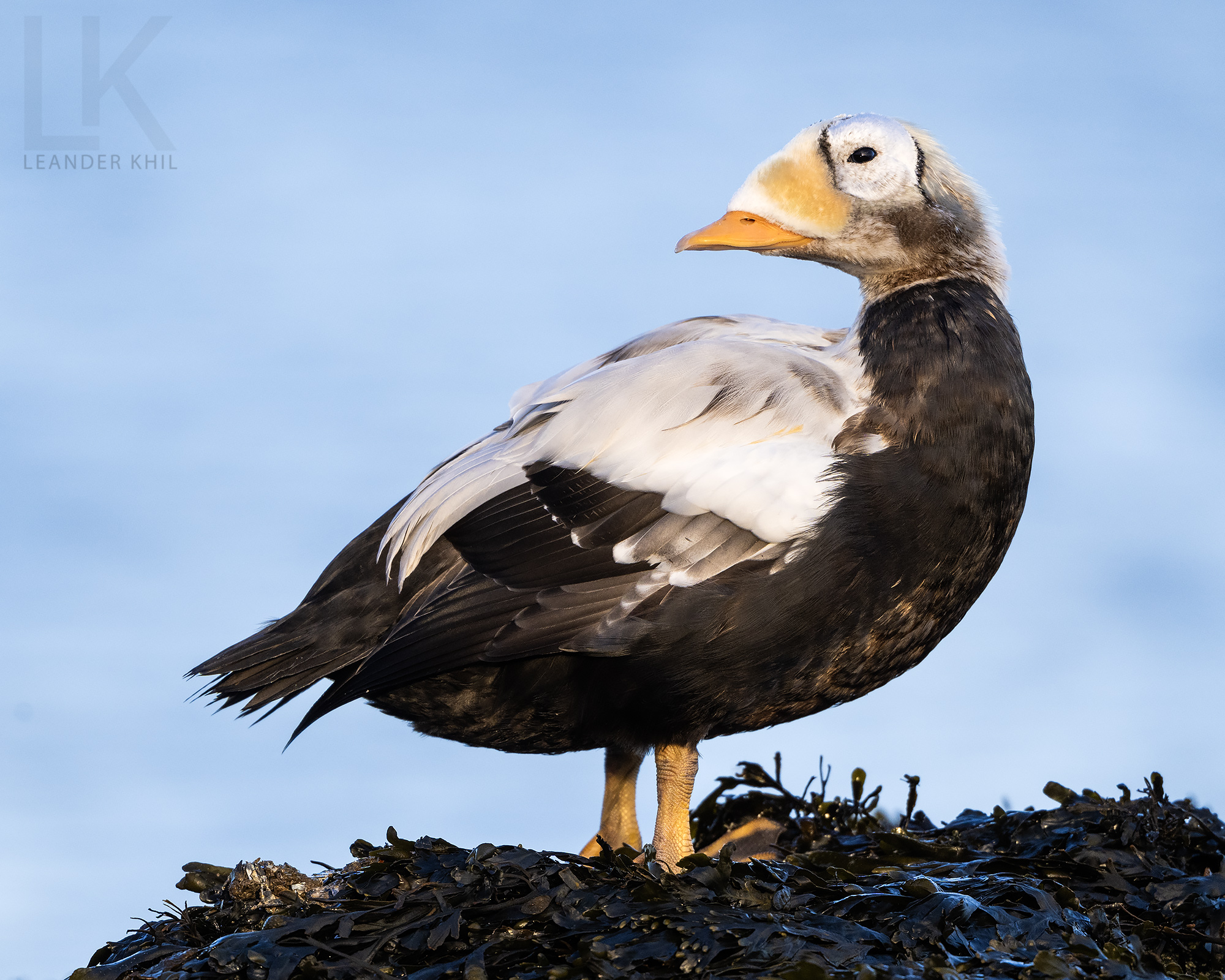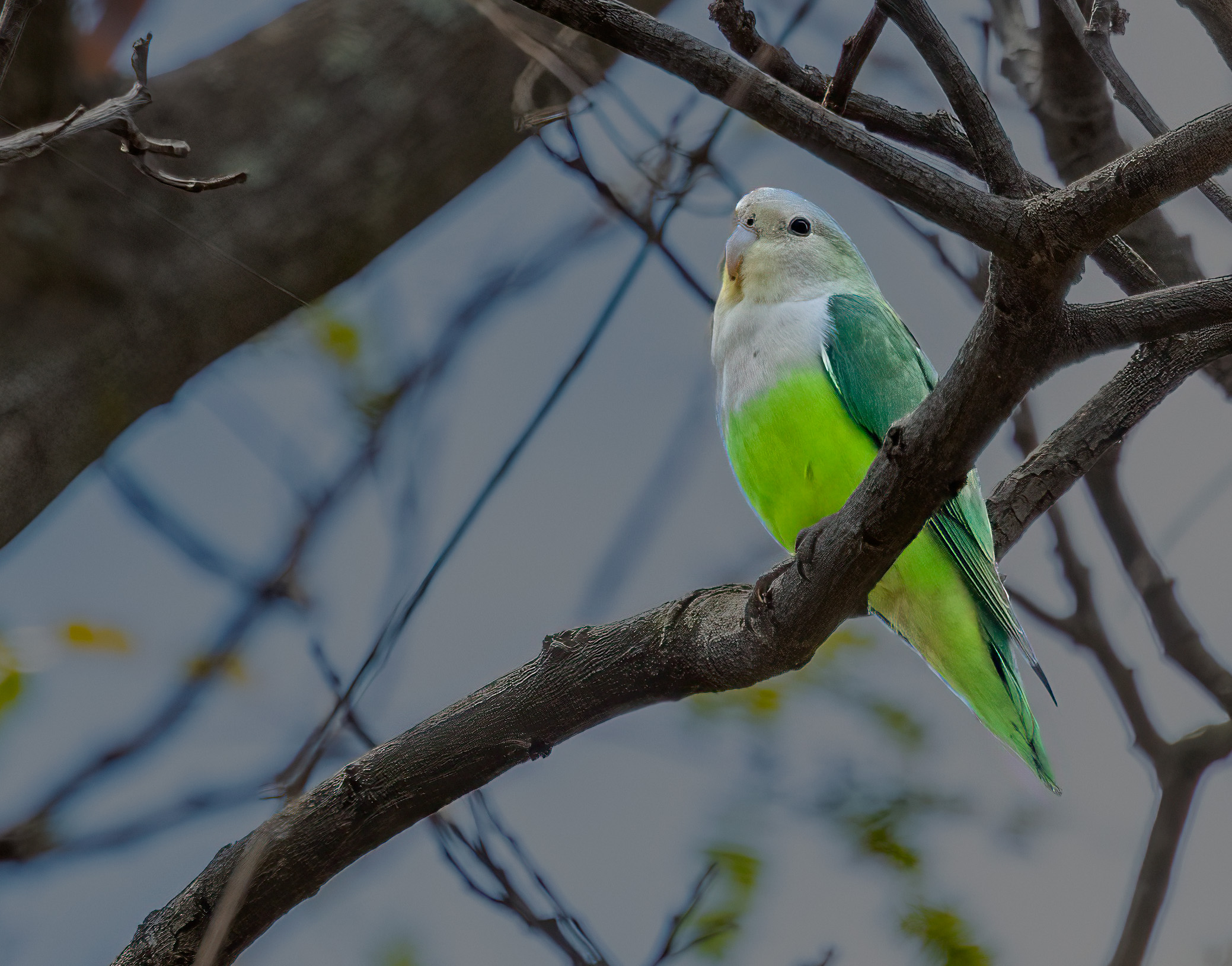Seewinkel National Park, Austria
Bird of the Day: American Robin
Bird of the Day: Yellow-browed Bulbul
Bird of the Day: Eurasian Jay
Republic of Georgia
Bird of the Day: Hooded Merganser
Bird of the Day: Yellow-fronted Barbet
Bird of the Day: Curve-billed Trasher
Bird of the Day: Blyth’s Kingfisher
Bird of the Day: Rufous-crowned Sparrow
Bird of the Day: Harris’s Sparrow
Bird of the Day: Mottled Wood Owl
Bird of the Day: Spotted Sandpipers
Bird of the Day: Oriental Pied Hornbill
Bird of the Day: American Tree Sparrow
Bird of the Day: Goldman’s Warbler
Bird of the Day: Blakiston’s Fish-Owl
Bird of the Day: White-naped Crane
Bird of the Day: Long-tailed Tit
Bird of the Day: Spectacled Eider
Netherlands
